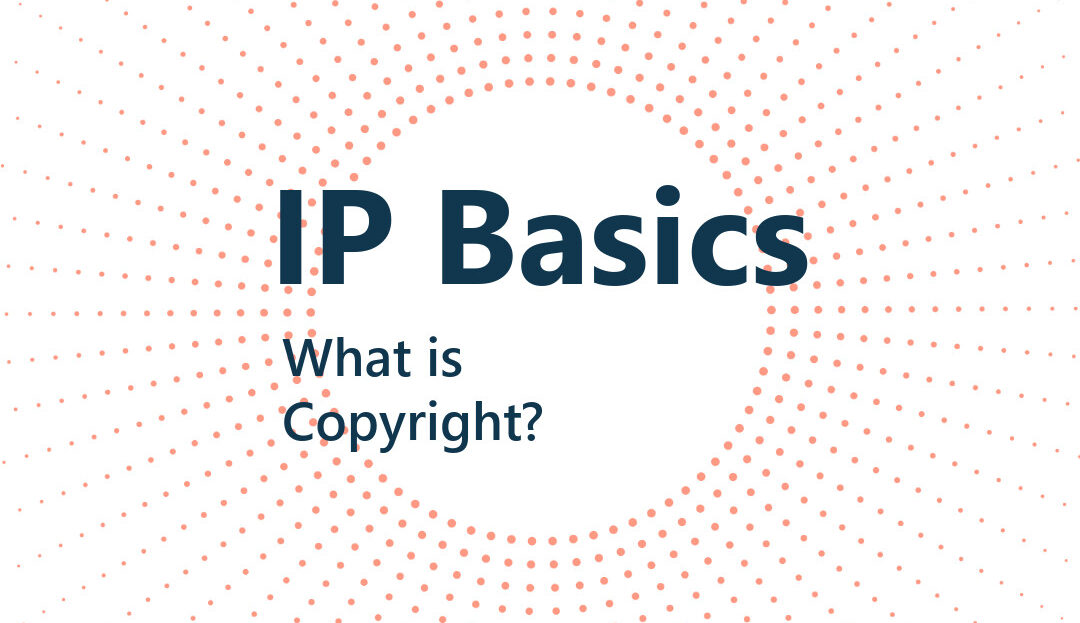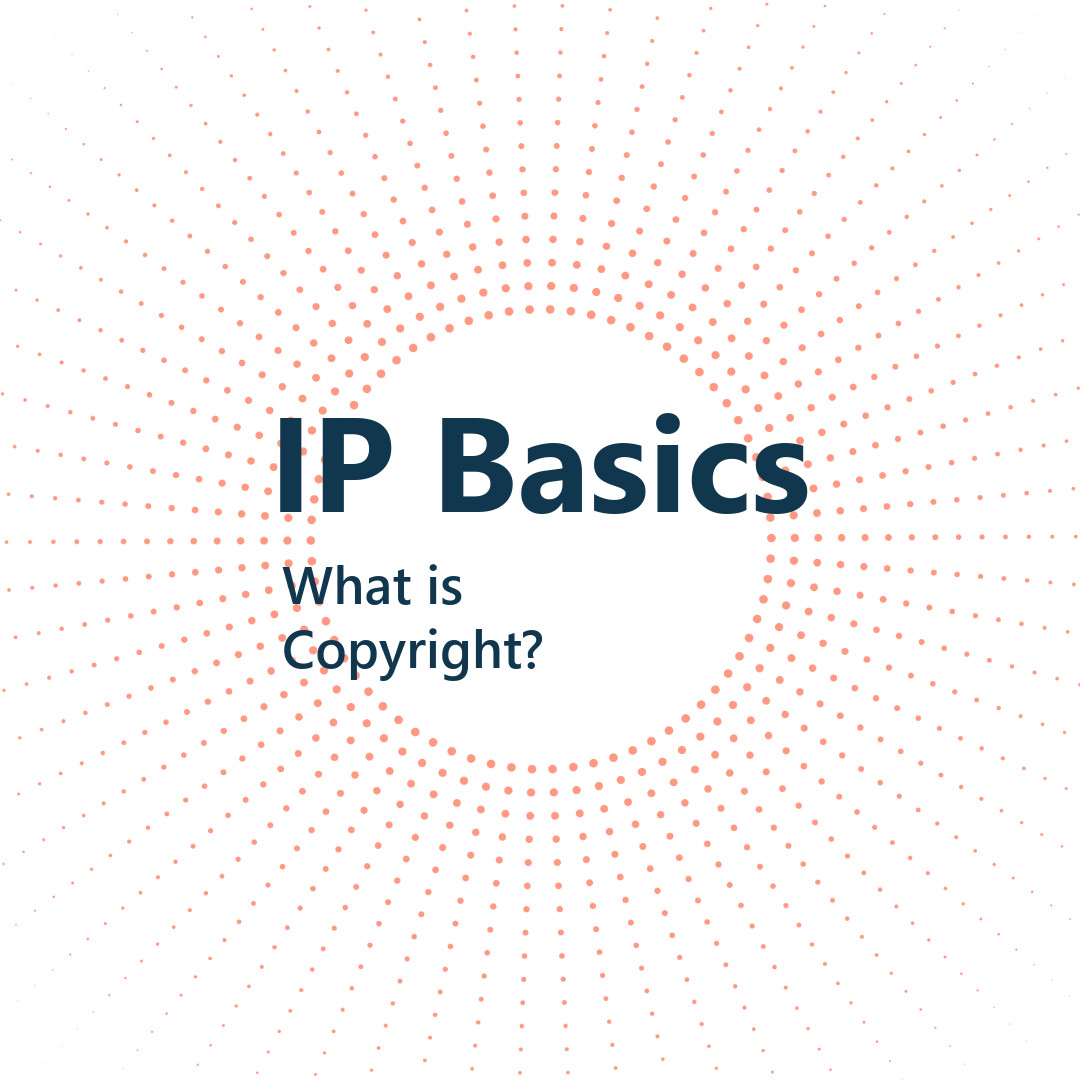

Copyright is the legal framework that gives creators exclusive rights over their original works. It transforms your creations into protected assets that you control — whether it’s a novel, a song, a software program, or a piece of art. As soon as a work is fixed in a tangible form (written, recorded, filmed, painted, coded, etc.), copyright automatically comes into existence.
Copyright protects your creative work — books, music, photographs, films, software, artwork, and more. It doesn’t matter if it’s a bestselling novel or a photo you snapped with your phone: as soon as it’s fixed in a tangible form (written, recorded, filmed, painted, coded, etc.), copyright automatically exists.
Copyright grants you a bundle of exclusive rights, including:
Important: Copyright does not protect ideas — only the expression of those ideas. The distinction can be tricky, which is why legal advice is often key.
Copyright is more than legal paperwork — it’s your safeguard against misuse. With copyright, you can stop others from copying, distributing, or exploiting your work without permission.
For businesses, this means your designs, software, content, or marketing materials are protected assets. Without copyright, competitors could use your creations freely, diluting your brand and eroding your competitive edge.
Ownership usually belongs to the person who creates the work. But there are exceptions:
Pro tip: Always clarify ownership in writing before commissioning creative work.
For most works created after Jan. 1, 1978, copyright protection lasts for the life of the author plus 70 years. For an anonymous work, a pseudonymous work or a work made for hire, the copyright term is 95 years from the year of first publication or 120 years from the year of creation, whichever expires first.
Your attorney can help you to determine the length of copyright protection for works that predate 1978.
Copyright exists automatically, but registration with the U.S. Copyright Office strengthens your rights. Registration gives you:
Registration requires an application, a small fee, and a “deposit” copy of your work. It’s simple and the benefits far outweigh the cost.
Copyright infringement happens when someone uses your work without permission — like running your photo in an ad campaign, pirating your software, or making an unauthorized sequel.
If infringement occurs, you can seek remedies in federal court, including:
With this knowledge, you can better protect your creations and strengthen your business. Partnering with an attorney helps ensure you navigate copyright complexities the right way, turning your work into a secure and lasting asset.
From general questions to potential IP misuse, choose the option that best fits your case.
Our team will review your submission and get back to you as soon as possible.